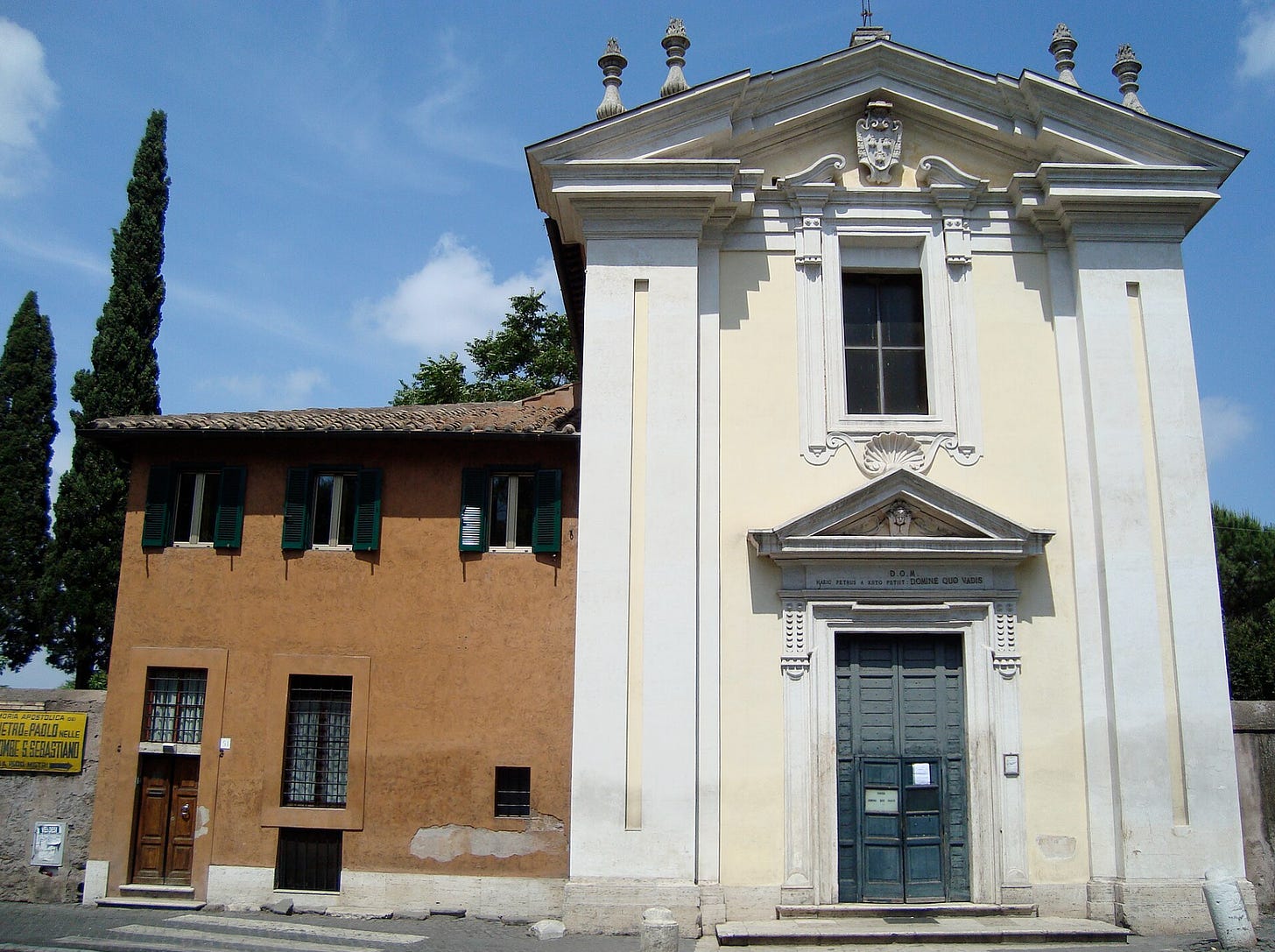A couple of nights ago a friend in Vienna organized a little gathering of guys who work in the life sciences and medicine who remained completely immune to seduction by the Dark Side of the Force during the COVID-19 pandemic. Within a few weeks, all of them realized that our governments were lying to us—that is, that early treatment modalities were being suppressed and the heralded COVID-19 vaccines were being fraudulently characterized as the savior of mankind.
Within a year, all of them became aware of Dr. Peter McCullough’s tireless work as a dissident doctor, and they were curious to hear about my perceptions of the official pandemic response from the point of view of a true crime author. We met at a little boathouse on the Old Danube, a few miles northeast of the city center. For hours we talked about the madness of the official pandemic response, the Vaccine Cult, the Transgender Medicine Cult, and the Climate Change Cult. Everyone agreed that all of these strange movements are more characteristic of religious experience than the scientific enterprise. We also discussed why each of us so readily perceived these movements to contain obvious elements of fraud, while so many people around us believed the propaganda.
There was something about the setting and our conversation that reminded of the novel Quo Vadis: A Narrative of the Time of Nero, by Henryk Sienkiewicz. The story relates the plight of the small Christian minority in Rome that is scapegoated by Nero after he himself starts a huge fire to burn down the city so that he will be able to realize his grandiose scheme of rebuilding the city in his image. A major question posed by the novel is why the small minority of people living in Rome at this time perceive truth and wisdom in the teachings of Christ while the majority of Romans remain under the spell of the official state religion of Rome and are entertained by the violent spectacle the horrible games that Nero sponsors.

The novel takes its title from the Latin phrase meaning "Where are you going?" It is commonly translated—quoting the King James Version translation of John 13:36—as "Whither goest thou?"
The genesis of the phrase is the story of Saint Peter's first words to the risen Christ during their encounter on the Appian Way. According to the apocryphal Acts of Peter (Vercelli Acts XXXV; late 2nd century AD), as Peter flees from crucifixion in Rome, he heads south on the Appian Way, toward Brindisi. Outside the city, he meets the risen Jesus. In the Latin translation, Peter asks Jesus, "Quo vadis?" Jesus replies, "Romam eo iterum crucifigī" ("I am going to Rome to be crucified again"). This gives Peter the courage to return to the city to resume his ministry, where he is subsequently martyred by being crucified upside down.
I sense we may be approaching a time in which reasonable people throughout the world may be called upon to decide what they are going to do and where they are going to go if the forces of madness and tyranny make another big move like they did in 2020-2021.





Don't worry about the consequences of resistance, because the consequences will be much higher if we don't resist.
I agree with you, John. In 2020, my husband and I abided by the lockdown a bit, but traveled to Texas in May. There was a nighttime curfew in our county and we just ignored it and left. For the first time since February, we ate in a restaurant without going through the absurdity of wearing a mask until we reached out table, where it was then safe to take it off. Why were people so stupid?
When the shots started rolling out, we were in the elderly group designated to be the first lucky recipients. At first, we decided to wait a bit. We'd already found some of the good doctors and knew about ivermectin. Soon we made the decision to not take the shots. We tried to warn some of our elderly friends, but at the time only knew of one couple who resisted.
I won't say that we never had fear. This was an unknown, and it was hard to stand virtually alone, but we are so thankful we did. It's so heartbreaking to watch the toll among our church friends. Maybe we've gained a bit of credibility with a few and they will listen next time, which may be very soon.